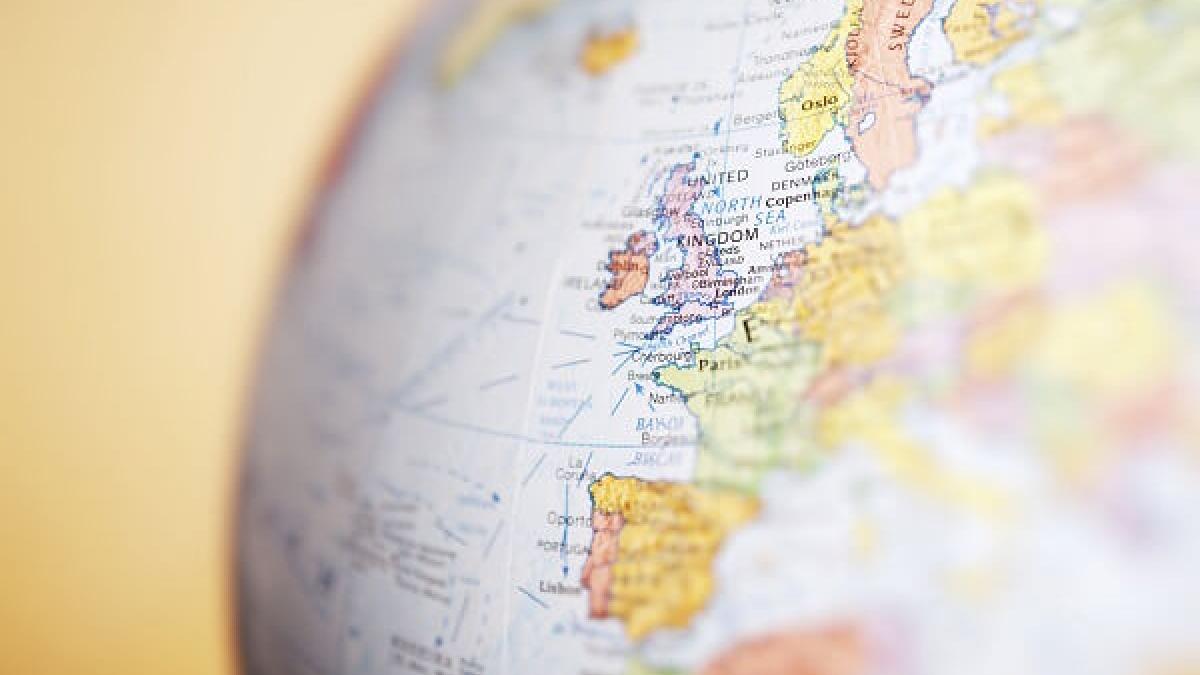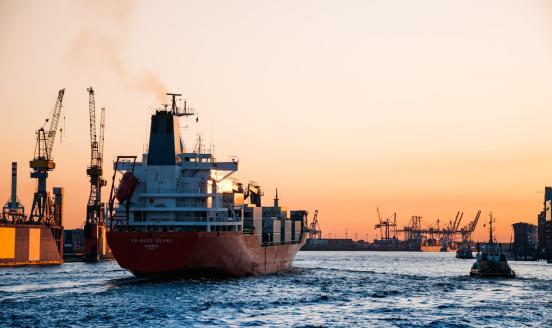Europe in a new world order
In this paper the authors explore what the EU’s strategic reaction should be to US diminishing giant policies, and the EU’s role in a world of declini

THE ISSUE
The United States is the European Union’s most important trade and bilateral investment partner, which has, until now, supported a multilateral trade system and European integration and has provided a security guarantee to the countries of the EU. But like other advanced economies, the US’s relative weight in the global economy has declined. The new US administration seems intent on replacing multilateralism with bilateral deals. In trade, it aims to secure new trade deals in order to reduce bilateral trade deficits and to protect, in particular, the US manufacturing sector. In climate policy, the US commitment to the Paris Agreement is being questioned. In defence, the security umbrella appears less certain than previously. The overall promise behind this change of direction is to put ‘America first’ and deliver better results for US citizens.
POLICY CHALLENGE
The EU is a relatively open economy and has benefited from the multilateral system. If the US does change from its previous course, the EU should respond with a four-part strategy: (1) Collaborate with partners around the world in defence of the World Trade Organisation; (2) Establish deeper economic relations with China and other partners; in particular, the EU should accelerate discussions on the Bilateral Investment Treaty with China while safeguarding its interests and favouring public courts for dispute settlement; (3) Reform EU trade governance and address internal imbalances, to increase the EU’s external credibility. Moreover, strengthening Europe’s social model would provide a response to protectionist temptations; (4) Prepare tools that could be deployed bilaterally against the US, including WTO-compatible anti-subsidy measures and possible tax measures.



